Last week’s round -up;
18-22 October 2021

Final EMA feedback on Titanium Dioxide
The EMA has issued its final feedback to the EU Commission request to evaluate the impact on medicinal products of the removal of titanium dioxide from the list of authorised food additives. The request from the Commission was triggered by the opinion of the European Food Safety Authority (EFSA), published in May 2021: “that on the basis of all currently available evidence along with all uncertainties, in particular the fact that genotoxicity could not be ruled out, titanium dioxide can no longer be considered as safe when used as a food additive”. The Commission requested the EMA’s analysis in order to define the technical purpose of titanium dioxide in medicinal products, the feasibility of alternatives to replace it without negatively impacting the quality, safety and efficacy of medicines, and if confirmed, considerations to be taken into account to define a transition period for phasing out this excipient. The EMA concluded that the feasibility of replacing titanium dioxide cannot be confirmed at this stage, and an acceptable transition period is currently difficult to envisage or estimate.
https://bit.ly/RealCMC-3aXr7H3
ICH guideline proposes daily limits for seven mutagenic impurities
The International Council for Harmonization (ICH) issued its M7(R2) guideline for public consultation. The guideline sets new permitted daily exposure (PDE) limits for seven DNA-reactive substances to limit their carcinogenic risk. The guideline contains 21 mutagenic impurities including the following 7 newly added impurities with their PDE levels: · Acetaldehyde: (oral) 2 mcg/day – 185 mcg/day for all other routes · 1,2 Dibromoethane: 2 mcg/day · Epichlorohydrin: 3 mcg/day · Ethyl bromide: 32 mcg/day · Formaldehyde: (inhalation) 8 mcg or 215 parts per billion/day; all other routes 10 mg/day · Styrene: 154 mcg/day · Vinyl acetate PDE: (oral) 2 mcg/day – 758 mcg/day for all other routes The guideline has now been split up into one main guideline and an addendum containing PDEs or acceptable intake (AI) levels for each impurity, along with their monographs. It provides rationales for including the new mutagenic impurities.
https://bit.ly/RealCMC-3C2AXTQ
New partnership between HRA and ISRCTN for public registration of UK clinical trials
The UK Health Research Authority (HRA) has announced a partnership with the ISRCTN primary clinical trial registry for the automatic public registration of clinical trials. From 2022, the HRA will register clinical trials in the UK which receive a favourable ethics opinion with ISRCTN directly, using data from the HRA’s systems, so research sponsors and researchers will no longer need to apply for public registration separately. Further details are available on the HRA and ISRCTN registry websites.
Guidance links:
Dasatinib product-specific bioequivalence guidance
The EMA has issued a revised product-specific bioequivalence guidance for Dasatinib film-coated tablets 20, 50, 70, 80, 100 & 140 mg and suspension 10 mg/ml. This revised product-specific guidance for dasatinib includes the additional requirement for a fed study and the requirements for a suspension.
New Oxygen (98%) Ph. Eur. monograph
A new draft Ph. Eur. monograph for Oxygen (98%) has been published for comment in Pharmeuropa 33.4. The draft monograph is the outcome of a thorough examination of feedback from regulators, hospital pharmacists, industry representatives (gas producers and producers of oxygen generating equipment) and academics. The draft monograph is available for comment until 31st December 2021.
https://bit.ly/RealCMC-3n2F2RC

